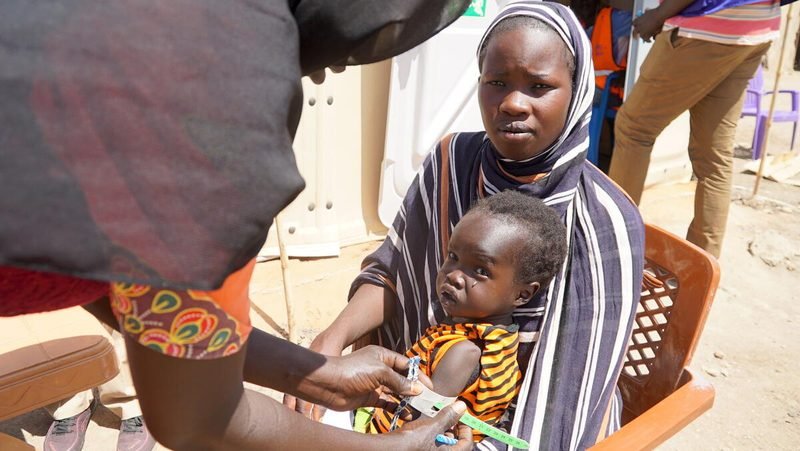WFP Signals Alarming Increase in Regional Malnutrition
The UN World Food Programme (WFP) issued a warning on Monday, emphasizing the dire consequences of the 10-month-long war in Sudan. The conflict has led to a surge in malnutrition, resulting in what the WFP identifies as the world’s largest displacement crisis. Approximately 25 million people in the region are grappling with heightened rates of hunger and malnutrition due to the ongoing crisis.
The WFP expressed deep concern over the lack of resources available to address this humanitarian crisis, stating, “At the moment, unfortunately, we don’t have the funds and we don’t have the access to be reaching people at the need at the scale that is required right now.” Thousands of families are being displaced, with many forced across borders into Chad and South Sudan every week, according to Annabel Symington, a WFP spokesperson.
While 1.8 million people have sought refuge in neighboring Chad and South Sudan, these countries also deal with their vulnerabilities. The upcoming rainy season poses additional challenges, making it harder to reach affected populations. Symington emphasized the need for prepositioning assistance to ensure a sustained response, but limitations hinder such efforts. In South Sudan, families fleeing Sudan now account for 35% of those facing catastrophic levels of hunger despite representing only 3% of the population.
Malnutrition rates among children are rapidly increasing in temporary transit camps, such as the one in Renk. Approximately 4% of children under five years old crossing the border into South Sudan are malnourished upon arrival, according to the WFP. In Sudan, 18 million people are acutely food insecure, with around 3.8 million Sudanese children under five years old experiencing malnutrition.
The crisis is compounded by South Sudan’s existing challenges, with five years of war and unprecedented floods pushing over 75% of the nation’s 12 million people into a state of needing humanitarian assistance, and nearly three million are on the brink of starvation. The situation underscores the urgent need for international support and resources to address the escalating humanitarian crisis in the region.



















